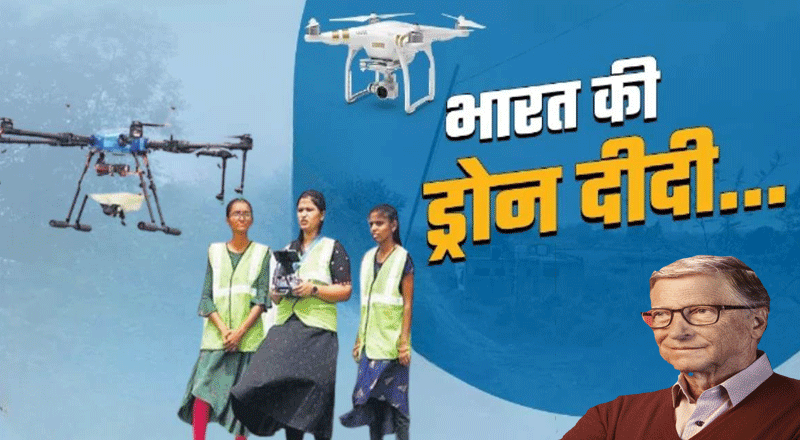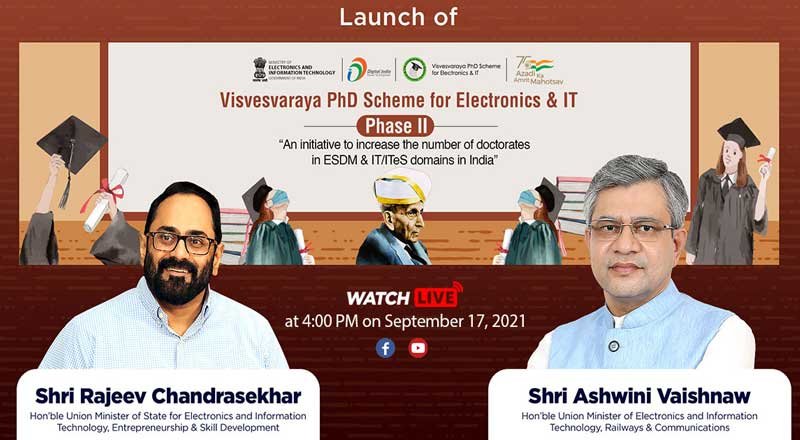
Drone Didi scheme gains global recognition with Bill Gates visit
Trained by Hyderabad based Marut Drones, Drone Didis showcase the potential of technology in transforming rural livelihood
Former Microsoft CEO and Chairman of the Gates Foundation, Bill Gates, visited Indian Agricultural Research Institute (IARI), Pusa Campus in New Delhi, where he engaged with three Drone Didis trained under the Namo Drone Didi scheme by Marut Drones.
The demonstration featured rural women flying Marut AG365 Drones, highlighting the transformative role of technology in rural livelihoods and increasing their family income.
Commenting on the development, Prem Kumar Vislawath, CEO and Co-Founder of Hyderabad based Marut Drones, said, “It’s a proud moment to see the women trained by Marut Drones interacting with Mr. Bill Gates. Watching them operate drones confidently truly reflects how technology can ensure economic empowerment and break barriers of a traditionally male dominated industry.”

“The presence of global leaders like Mr. Bill Gates, visiting India and witnessing firsthand the impact of drone technology at the grassroots level is a strong validation of how India’s drone ecosystem is truly challenging the gender norms in rural India and creating financially independent women entrepreneurs,” he said.
The company has provided comprehensive training sessions to all three Drone Didis hailing from Bihar and provided refresher sessions to ensure smooth operations and demonstrations.
Drone skills empowering rural women
Marut Drones is the first in India to receive dual Directorate General of Civil Aviation (DGCA) approval for manufacturing and remote pilot training and continues to champion government initiatives like the Namo Drone Didi Program.
The Namo Drone Didi Scheme, introduced in 2023, is a groundbreaking initiative aimed at equipping rural women with drone technology skills, empowering them to take on new roles within their communities. By providing financial support for specialized training, the program fosters independence and opens doors to previously inaccessible opportunities in sectors such as agriculture, surveying, and logistics.
The increase in income for these women has far-reaching effects, uplifting entire rural households and sparking positive change in areas that have long struggled with economic hardship. This scheme underscores the immense potential of drone technology not only as a tool for innovation but also as a catalyst for social and economic advancement, offering a tangible path to upward mobility for rural families.









